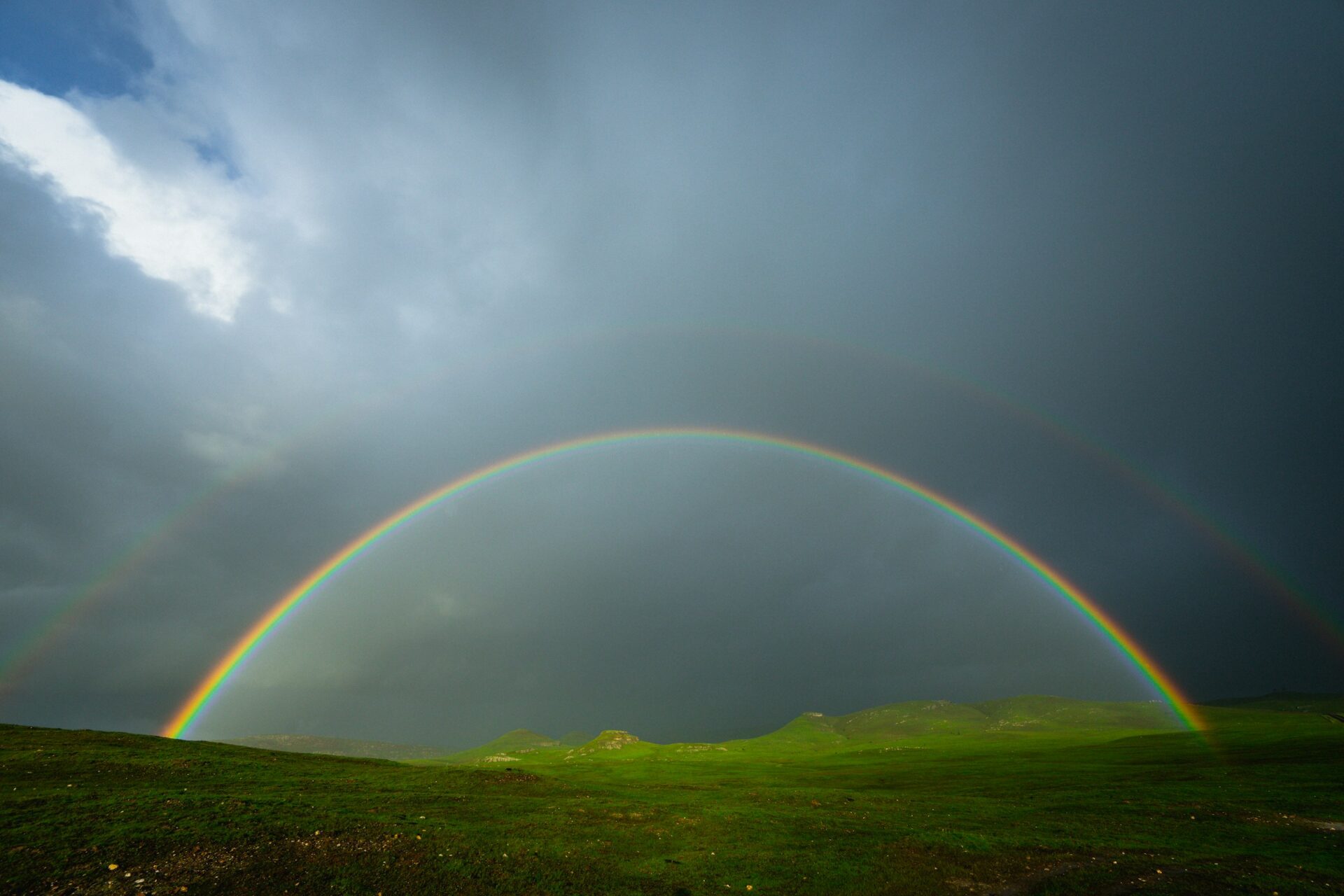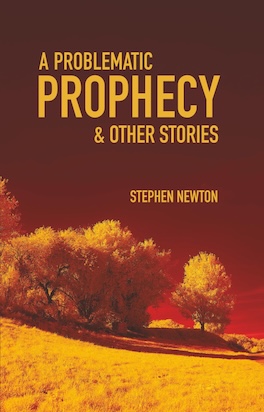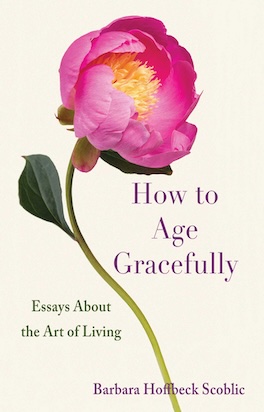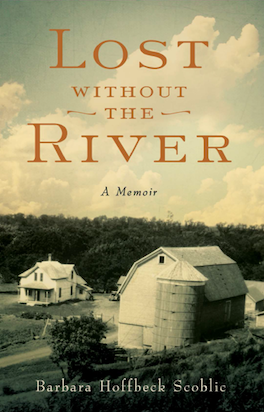My story starts with a stepladder. Its stainless-steel frame and rubber-traction feature secured my footing as from it I accessed Dad’s bookshelves on the dining room wall of our Manhattan apartment in childhood. I was a voracious reader although not yet a writer, but hindsight shows the journey launched then. The Armada by Garret Mattingly had a magnetic attraction despite a substance and style far behind the twelfth grade reading level that school tests said I’d already established.
When beloved fifth-grade teacher Joy Cooke took my class to Columbia University to elevate youthful ambitions our dashing maroon-blazered sophomore guide was, he revealed, the historian’s son. I made the connection at home, impressed by the blazer, not the book. Why would a man devote himself to becoming the foremost authority on one thing? With curiosity intact, I became less naïve as I delved into the Encyclopedia Brittanica set that was my Christmas gift from both parents.
Mom’s French fascinations with language and culture manifest in her high school teaching career and foreign travels culminated in her discovery of the rare ten volume Grande Larousse Encyclopedia in a used book sale’s weathered box one summer Friday morning near the Berkshire Athenaeum in Pittsfield, Massachusetts, where it sold for a song. Her legacy lies in my conceiving myself early on as a citizen of the world who now in elder years writes “conscience calls” espousing social justice.
My first came at age ten when President Kennedy’s Inaugural Address inspired my speech draft as an elementary school valedictorian. I led from his first line’s example as “We observe today not a victory of party but a celebration of freedom” became “We are here today not only to celebrate the closing exercises of Public School 179 but to take a big step toward the day that we will go out into the world to seek our fortunes in life. Those you see on this stage, and others, will one day guide our great country.” With JFK my hero, I had served as class president, consuming his Profiles in Courage and A Boy’s Life of John F. Kennedy for guidance. Edith Hamilton’s tale of how Theseus navigated the labyrinth and defeated the Minotaur, my favorite of her dog-eared Greek Myths, taught the courage with which I addressed Civil Rights.
Dad, then an acclaimed writer of magazine ads and television commercials including the original “Winston Tastes Good Like a Cigarette Should” and “To Be Crisp a Beer should be Icily Bright, Lively and Golden, Precisely Right” for Ballantine Beer, studied and praised my speech draft on the eve of delivery, adding “Now erase every unnecessary word.” Crestfallen, but later grateful to grasp the process nature of writing, I crossed out what I could. I relished the next day’s success when Mr. Houma, a teacher, wrote “Great speech!” in my autograph book because he was not part of my family.
Yet growing up in a household where I withheld feelings while shielding my six-year’s younger sister from parental abuse shaped my adulthood’s fluid public speaker roles in race relations workshops and on radio. “You obviously have a need to feel heard,” said a media marketing consultant who’d caught a drive time broadcast and called me. Generating a college thesis as a Political Science major at Washington University in St. Louis and graduate papers on Vietnamese history in Ohio University’s Southeast Asia Studies program did not nudge that focus. Nor did policy reviews, reports and proposals as a U.S. Senate legislative aide in Washington.
Speaking was itself the breakthrough when Rabbi Rick Jacobs, now the Union of Reform Judaism’s President but then the Brooklyn Heights Synagogue’s spiritual leader where my partner and I were congregants and at which I converted to Judaism, invited me to address his weekday lunchtime business group on race because I was the Brooklyn Borough President’s Advisor on Racial and Ethnic Affairs. Leslie Steinau, an attorney and audience member, referred me post-session to Hope in the Cities, a dialogue project of Moral Rearmament (now Initiatives of Change) where he was a board member.
It dawned on me while a founding member of its national traveling team where I could speak freely that I should write from memory the remarks I’d delivered in Baltimore, Chicago, Cincinnati, Philadelphia, Richmond and Washington to preserve and disseminate their arguments and ideas. Perhaps I was then reborn as a writer. A thread joins that fifth-grade Civil Rights speech with adult talks on race.
A New York Newsday op-ed piece addressing stereotypes in New York City school teaching methods and curricula was my first published piece. I bought newsstand copies for colleagues, family and friends to mark my presumed “one and done” milestone. But the inherent immorality of politics pressed more writing from me—and my students. Their eloquent assessments of Black History Month’s limitations led me to say I’d pay fifty dollars to anyone who published an essay and would help them to do it. The ensuing silence induced me to set an example. I shared the piece I produced during subsequent classes and at the schoolwide BHM event, adding Paul Robeson, Shirley Chisholm and Bayard Rustin to the prevailing trinity of Rosa, Martin, Malcolm.
The police killing of Michael Brown in Ferguson led me to discern and describe a predictable choreography to the police violence problem in online articles for the History News Network (“Everybody Wants to Talk About Ferguson. Here’s How a Meaningful Conversation Could Start” and “Black Rage and White Denial Divide Us? Let’s Talk! A Ferguson Follow-up” for which I later wrote “A Testament of Hope,” answering Donald Trump’s first Presidential election. Critiques on the intolerable normalcy of homelessness and war flew from keyboards.
The seminal event of my Writer’s Journey lay late in my teaching career when I was suspended for exposing a corrupt high school principal. Restricted to a carton-filled storage room that had been a science lab, concerned for preserving my mental health and my livelihood for the year’s delay until mediation, I vowed to keep a diary. “Think of this as the sabbatical you’ve yearned for, take our laptop to school and start writing,” my partner urged that first night at dinner.
I set and met a goal of five pages per day, producing an unpublished 325-page suspension diary, commentary on police-community relations, and a memoir of politics and teaching. The evident respect in a friend’s manuscript editing induced my writing more.
Scribing what I would say to someone about politics or society helps me surmount the blank page challenge as I tap fast on a keyboard consistent with Natalie Goldberg’s admonition in Writing Down the Bones to “get it all down, edit later.”
Pictures of JFK’s long-hand scribbled notes on legal pages encourage that way of mining my mind’s accelerated ideas. George Orwell’s “Politics and the English Language” advises active tenses with words that are pointed, short and few. Claude Monet’s French Impressionist painting of The Artist’s Garden at Giverny encourages imagery that might move the reader to insight or action.
It excites me to launch a new piece no matter how much I’ve done since the process itself is a teacher so I’m sure to learn more. When the Write Launch and bookscover2cover publish what’s done, I sense the worth of this work. I’ve scribed of compassionate street and subway encounters with homeless folks in Brooklyn, of sharing a worship service with detainees on New York’s horrific Rikers Island, weighing whether my conduct truly models my values, and how to seek peace as hope alternates with despair.
Elder years prompt thoughts that having emptied heart and mind I should let the keyboard grow cold, but our endangered democracy demands what insights may still lie inside me. I’ll jot down their first lines tomorrow.
Dear reader, thank you for sharing my journey.






